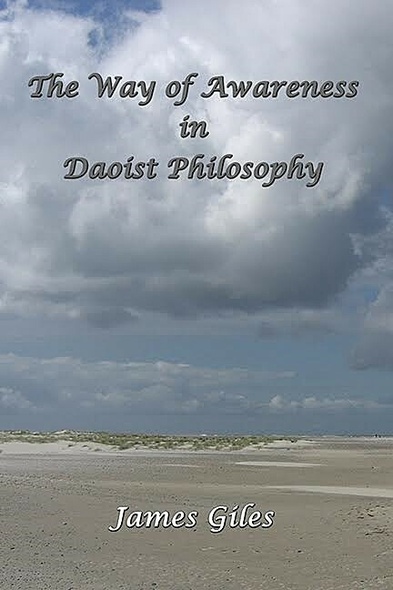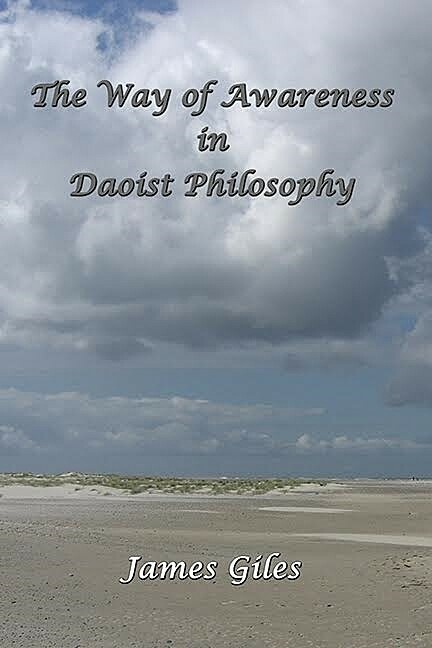This book explores ancient Daoist philosophy and argues against interpretations that paint the early Daoist philosophers as mystics or cosmologists. It claims that Dao is best understood as awareness and that Daoist concerns are primarily with the nature of human experience, meditation, and our relation to the world. The Way of Awareness in Daoist Philosophy starts by placing Daoist philosophy within the context of ancient Chinese thought. It then proceeds by critically engaging each of the major Daoist thinkers, works, or schools: Laozi, Yang Zhu, Zhuangzi, the Inward Training, Liezi, and Neo-Daoism. It concludes by pointing to ways in which Daoist thought can offer insights into contemporary Western philosophy. Throughout the book, comparisons are drawn with Western thinkers, psychological research, and Buddhist thought. The book is both a scholarly examination of Chinese and cross-cultural philosophy as well as an original work on ethics, metaphysics, and the philosophy of mind.
The Way of Awareness in Daoist Philosophy provides a detailed and superbly skillful gloss on key texts of Daoist philosophy, making them part of the global conversation. The book begins with a survey of early Chinese philosophy, then discusses various thinkers at length, culminating with Neo-Daoism. Throughout, the work makes many references to Western philosophers and argues common problems. It is a brilliant and profound extension of the global philosophical palette to include a variety of Daoist positions. Besides engaging specialists with its revolutionary vision, the book is well tailored to the general reader and highly suitable for undergraduate courses in philosophy.
This reader-friendly book not simply engages us in a better understanding of Daoist philosophy as awareness, the way of both generating and developing the mind. It also opens up a philosophical horizon for gaining perceptual clarity and furthering the contemporary discussion of consciousness, action, and free will. A must for all interested in deepening their understanding of Daoist thought!
Dr Giles guides the reader along a fascinating and quite bold journey through early Daoist and Daoist related teachings, thinkers, texts and commentators. Throughout this journey a single thread is woven which indicates that the Dao or Way is awareness. Intertwined within this awareness is emptiness, a back and forth of stillness and constant flow which he calls the double return, and wuwei or non-action. Dr Giles argues that these early Daoist teachings regarding awareness and how it relates to the world can enhance and inform contemporary Western philosophy. It also may be seen as beneficial to simply living life. His book provides a clear path where one can make the first step. It is now time to make that first step!
James Giles was born in Vancouver and studied at the University of British Columbia and the University of Edinburgh, where he gained a PhD in philosophy. He is an external associate professor of psychology at Roskilde University, Denmark, and tutor in philosophy at the University of Cambridge, Institute for Continuing Education. He has also taught at Universities in Australia, Canada, Hawaii, and Guam, and has traveled widely through East and Southeast Asia, and the Pacific. His published works include Sexual Essays: Gender, Desire, and Nakedness; The Nature of Sexual Desire; The Search for Personal Identity; and A Study in Phenomenalism. For more, see www.james-giles.com.





